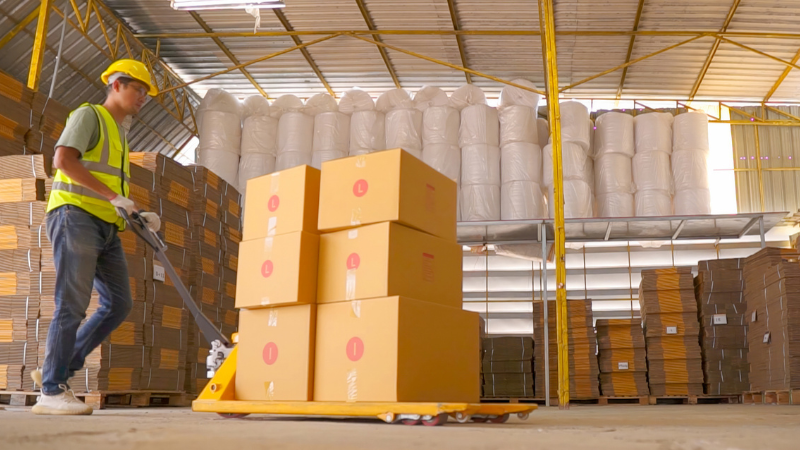
CHICAGO, November 11, 2025 – Now that Extended Producer Responsibility (EPR) requirements have been adopted by seven states, food-away-from-home businesses are learning they have seven distinct sets of problems.
Each state’s regulations are intended to shift the cost of collecting reuseable and recyclable packaging to the companies who use the materials, relieving government and the public from the burden. For food-away-from-home businesses, that means precisely gauging how much packaging goes into and out of their facilities, then paying a fee for the recovery of the materials.
But the particulars can vary considerably by state. In some jurisdictions, for instance, charges are computed on a per-piece basis. In others, the cost is set by the weight of the materials used.
During the Presidents Conference, a panel of EPR experts recounted the challenges FAFH businesses are already facing in their compliance efforts. Meeting the mandates is a challenge, they agreed, because so much packaging is used in the business. And all of it has to be precisely measured, both to meet the requirements of the laws and to ensure the business isn’t over-paying.
Panelist Sarah Stewart-Schultze, VP of Purchasing for International Dairy Queen, detailed how difficult that task can be.
“You have to weigh everything—the shrink wrap wound around the pallets, all the corrugated cardboard, the little cardboard pieces that go on the corners of the pallet to keep it square,” she explained.
As the chain systemized the processes for compliance, it discovered in some instances that it was being overcharged by vendors one step higher in the supply chain. The errors might have been mistakes in calculating the amount of packaging that came with each order and not an attempt to pump up the bill, she suggested. But franchisees were nonetheless being overcharged by their suppliers.
She stressed that exact processes have to be imposed to keep vendors honest and ensure there’s transparency to the process.
Yet the rigors of measuring, recording, and reporting the materials used are complicated by having to tailor the processes to each state’s peculiar requirements, she continued.
The panelists noted that a slew of states are looking to join the seven that currently have EPR laws in place.
The solution would be the adoption of federal regulation that pre-empts the patchwork of state rules, said Carol Patterson, VP of Government Relations for the Food Packaging Institute, a trade group for packaging producers and users.
But, she added, there’s no movement afoot to adopt a federal version of the EPR laws that have been passed in Maine, Oregon, California, Minneapolis, Colorado, Washington, and New Jersey.
Nor is the business world likely to press for such a law, she continued. A federal requirement would instantly expand the mandate to all 50 states.
As Managing Editor for IFMA The Food Away from Home Association, Romeo is responsible for generating the group's news and feature content. He brings more than 40 years of experience in covering restaurants to the position.
Cover image courtesy: Closed Loop Project